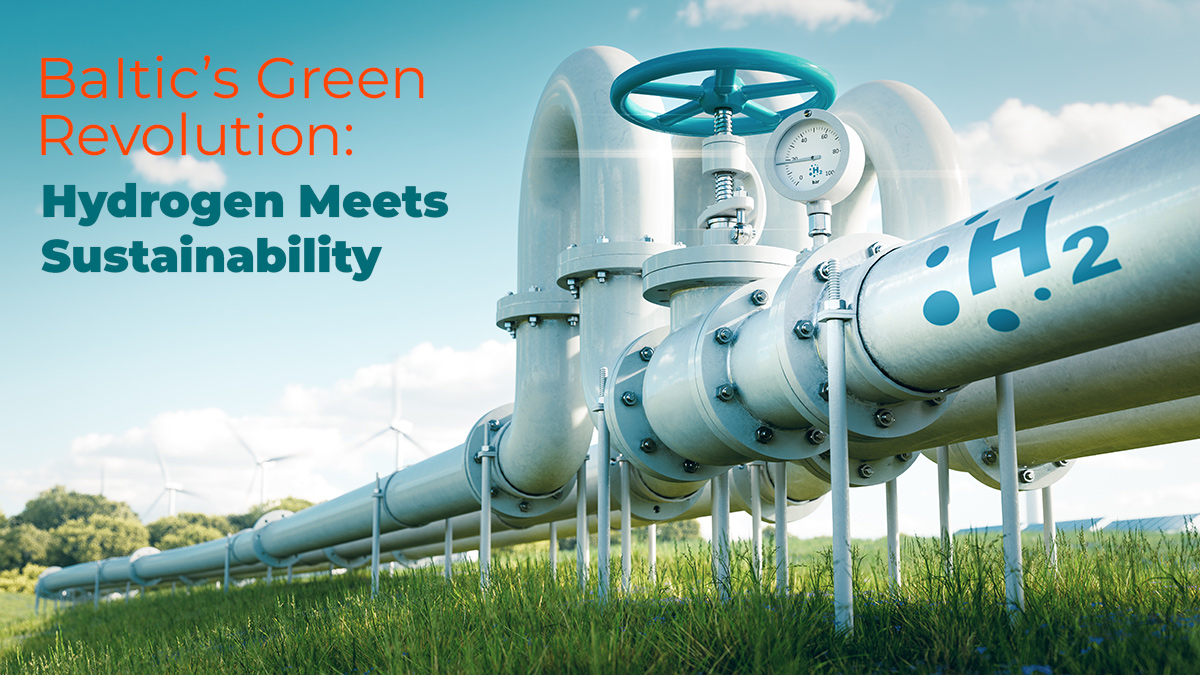Empowering a Sustainable Future: Our Advisory Board member explores the Potential of Green Energy
In a riveting discussion (https://www.delfi.lt/verslo-poziuris/naujienos/noras-islikti-vers-judeti-kitaip-kokiu-naujoviu-galime-sulaukti-lietuvoje-93752799), Eugenija Sutkienė, our esteemed Advisory Board Member and a senior partner at TGS Baltic, delved into the transformative power of green technology. Eugenija illuminated the essential role of technological innovation in mitigating climate change and transitioning away from fossil fuels.
The conversation began by shedding light on the palpable alarm surrounding climate change. With the planet's temperature escalating by approximately 0.18°C over the last decade and Europe experiencing one of its warmest years on record in 2022, the urgency to advance technological development has never been more apparent. The goal? To spearhead the shift from fossil fuels and champion cleaner, climate-neutral solutions.
Eugenija highlighted the necessity for Lithuania to nurture an environment conducive to technological innovation. She underscored the importance of promoting cutting-edge initiatives like Latvia-based company Electrify H2's hydrogen-powered boats, representing the type of green innovation we need to encourage.
Reflecting on the recent exponential growth in vehicle use and the deteriorating climate situation, Eugenija stated that virtually all countries are now motivating manufacturers and research institutions to explore and implement eco-friendly technologies. Geopolitical happenings have also prompted Eastern Europe to seek alternative fuel sources, spotlighting advanced technologies that harness green energy.
But what does this mean for Lithuania and Europe at large? The answer lies in the anticipated transition from oil-powered to electric vehicles, a shift expected to culminate with a ban on the sale of new internal combustion engine cars from 2035 onwards. This pivot towards sustainable, eco-friendly products isn't only propelled by technological advancements but also by evolving consumer needs.
The drive towards sustainable transport is amplified by the European Union's ambitious goal of achieving climate neutrality by 2050. This change is further fuelled by shifting consumer perspectives towards the products and vehicles they purchase. As Eugenija eloquently points out, the business sector is the catalyst for sustainable change, even though EU structural initiatives only partially support these transformations due to their substantial costs.
Through conversations like these, we're reminded of the pivotal role that green technology will play in our shared sustainable future. It's a future that's not just about technological advancement, but also about societal change, consumer behavior, and commitment to our planet.

